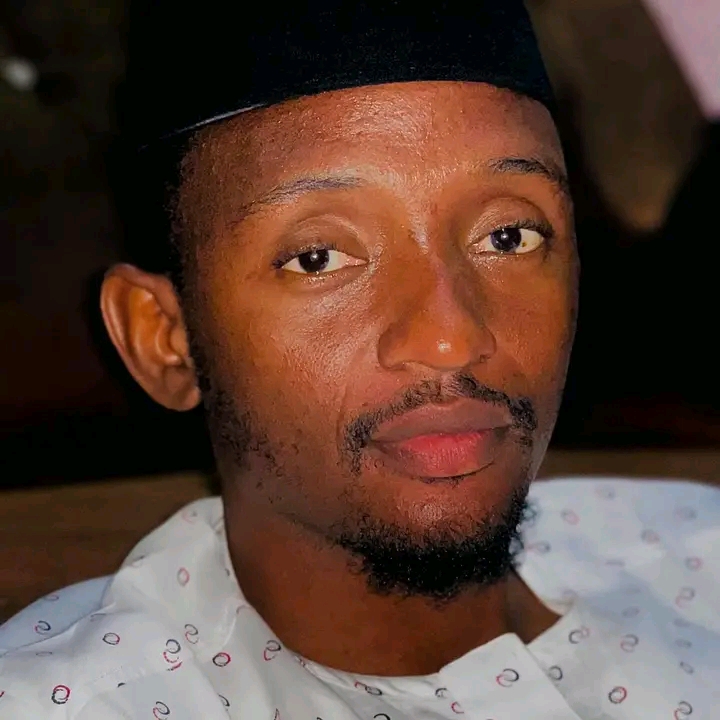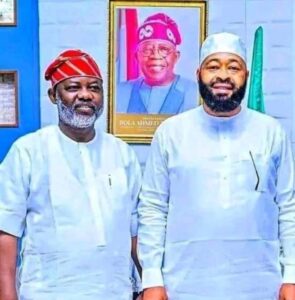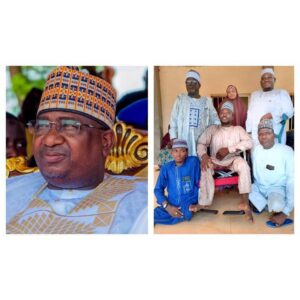
By Abba Hikima
Hausa-Fulani, a composite ethnic identity made up of two ancestrally distinct tribal groups, has since the advent of Sheikh Usman Danfodio, enjoyed significant development and common heritage.
Thanks to the relative success and development of its founding constituents, the identity is now claimed by many ethnic minorities and almost every Hausa-speaking Northerner with difficulties explaining his ethnic background. In today’s Nigeria, the ethnic designation has become so widely embraced that it accounts for about 30 percent of Nigeria’s total population. Such an amiable and adaptable identity.
Sadly, this once flourishing ethnic identity inspired by religion, geography, culture and marriage is currently facing its greatest existential threat as a result of happenings in Zamfara and Katsina villages.
After watching the sister documentaries of Trust TV and BBC Africa Eye, I find myself coming to terms with certain realities.
The people’s natural instincts to survive, triggered by government’s woeful failure to stop the endless Fulani bandits attack on Hausa communities, has watered the springing of Hausa vigilante groups called the ‘Yan-sakai’, who took it upon themselves to not only repel Fulani bandits, but equally ensure that they wreck havoc on innocent Fulani settlements in the name of self-defense.
The story of a 15 year-old Fulani girl who was variously stabbed and cut in one of the villages despite sharing common background (religion, region, culture etc) with her attackers and in spite of posing no danger whatsoever, tells us that the Hausa, is not only no longer an ethnic identity fellow with the Fulani, the two are actually arch enemies in those places.
Thus, albeit gradually, the fabric of oneness and harmony which hitherto beautifully covers this identity is fast wearing out as the building blocks are struggling to maim one another. The historic trust, love and understanding which kept towns and villages of settled Hausa and Fulani communities, in places where the line is not blurred, is giving way for crudeness, cannibalism and anarchy.
The only good story remains that in many places especially the urban areas; where clear delineation does not exist between Hausas and the Fulani’s, where chances of pastoralists- farmers conflict are zero, the identity marriage may rather reluctantly continue to thrive.
So, if we, as people and government do not realize and stop this terror in Zamara and elsewhere, attacks and counter attacks will continue to ensue and permeate the greater rural North. The Hausas will continue to hurt the Fulanis and vice versa and the founding elements will continue to coil back to their original shells. Consequently, the once single ethnic identity will continue to dualize and if care is not taken, eventually fizzle away.
May God save us from us.


